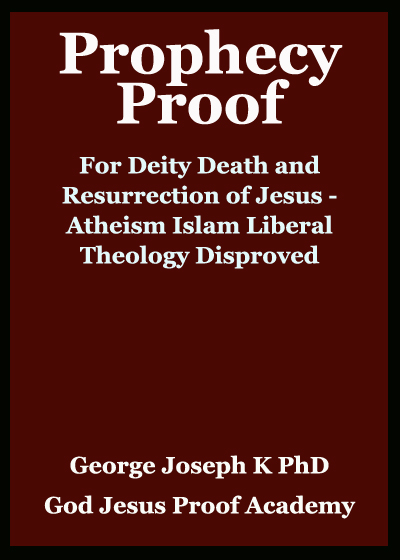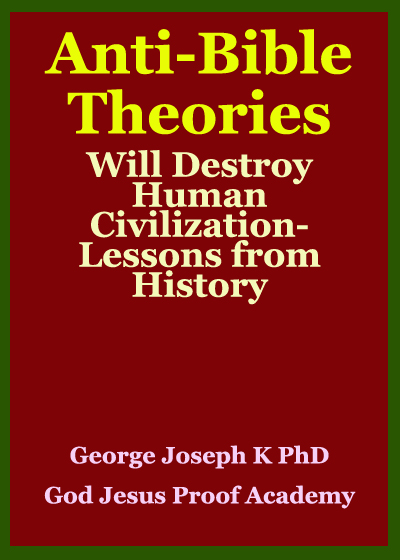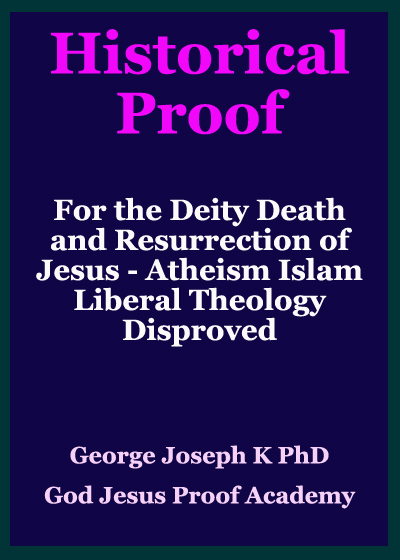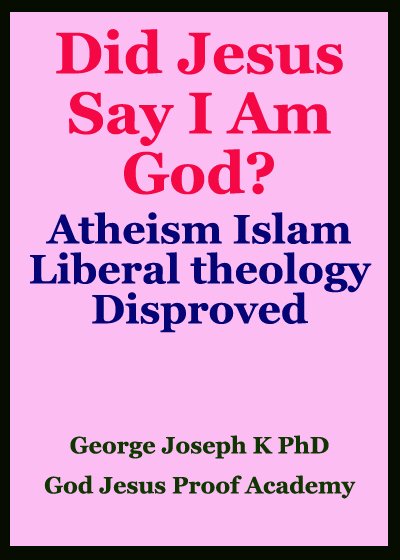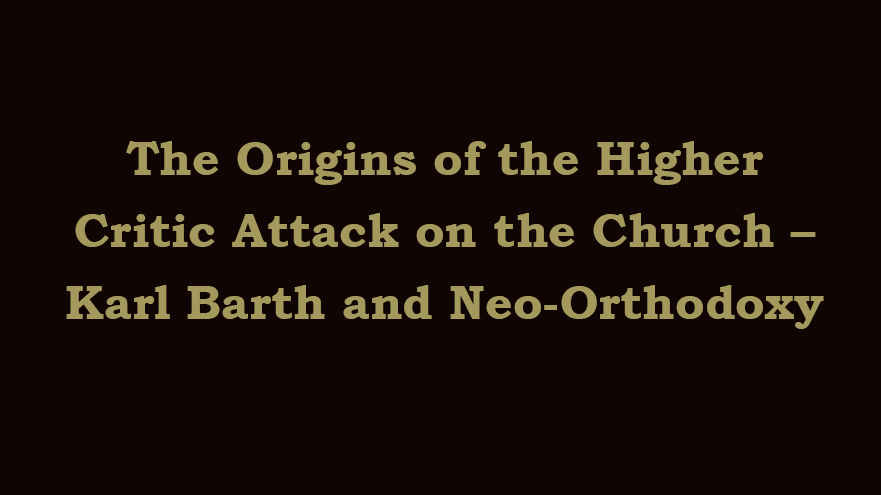
The Origins of the Higher Critic Attack on the Church – Karl Barth and Neo-Orthodoxy
ORIGIN OF THE HIGHER CRITIC ATTACK ON THE BIBLE BY WESTERN PHILOSOPHERS. The origin of modern Biblical criticism can be located with Spinoza, the rationalist Dutch philosopher. In Tractatus Theologico-Politicus of 1670, Spinoza had questioned the traditional date and Mosaic authorship of the Pentateuch and ascribed the origin of the Pentateuch to Ezra or to some other later compiler. This trend of thinking was taken up in England by the British philosopher Hobbes. He was even more heretic than Spinoza. Astruc propounded for the first time the Jehovistic and Elohistic divisive hypothesis, and opened a new era. Astruc opined that the use of the two names, Jehovah and Elohim, could mean that the book was composed of different documents or authors. Astruc may be called the father of the documentary theories. He assumed that there are traces of at least ten different memoirs or documents in the book of Genesis. Thus he denied its Divine authority. Eichhorn coined the name Higher Criticism. Vatke taught the post-Mosaic and post-prophetic origin of the first four books of the Bible. Kuenen also made some deadly contributions. But the heavy and lasting blow to the Bible was given by Julius Wellhausen. Most of these authors were Germans, and were professors of philosophy or theology. The British-American critics included people like Dr. Samuel Davidson, Dr. S. R. Driver. Dr. C. A. Briggs etc.
ERRORS OF BARTH AND NEO-ORTHODOXY. AT A TIME WHEN LIBERALS SIDED WITH HITLER, BARTH WAS A RELIEF TO THE CHURCH. LIBERALS HAD SUPPORTED THE GERMAN IMPERIALISM AND HITLER, BECAUSE OF ANTI-JEW ANTI-BIBLE SPIRIT. German theologians, due to the influence of Hegelian philosophy were inclined to see God manifest in their highly advanced culture and in the German state itself. Hence many theologians supported the state imperialism and militarism. But the war exposed fallibility of their subjectivism and optimistic assessment of human nature.
Karl Barth entered into the theological vacuum created by the liberals and reasserted the ancient Christian verities. He emphasized points such as: man is a sinner desperately needing the Divine grace offered by Christ's death on the Cross as proclaimed in the Bible. Barth rejected the liberal approach of attempting to find God within human feelings, emotions or rationality. He was returning to the theological standard and approach of the 16th century Reformers. Hence Barth focused on the sinfulness of humanity, God's absolute transcendence and the centrality of Christ. Barth brought to the European theological arena a renewed focus on the transcendence of God, and hence the absolute qualitative difference between God and man, the revelation from God, from above, not from man, from below. Barth’s theology was majorly shaped by his reaction to the liberal emphasis on the divine immanence. He thus affirmed the radical transcendence of God and the utter sinfulness of man. For Barth, the image of God in man has been so utterly defaced by the fall that all capacity, whether by reason or through nature, to know even that God exists is lost. According to Barth, “we have no organ or capacity for God”. There is no natural propensity or aptitude for God. Indeed, there is only hostility and antagonism. Thus “only the divine revelation in Christ restores to man his original capacity to know God through the Creation”. Barth's disapproving reaction to Liberal theology generated the theological movement known as Neo-Orthodoxy. It was so called because it returned generally to the classical theology Reformation Protestantism. It emphasized revelation over religious experience, faith above reason.
LIBERAL THEOLOGY OF NEO-ORTHODOXY – FAITH WITHOUT OBJECTIVE TRUTH. Then Karl Barth made a leap of faith in the area of theology leading to the Neo-orthodoxy school. However, his non-rational leap of faith purged his religious words of any true meaning, because there is no rationality in the area of universals. Theological words like: God, Father, Trinity, Christ, Incarnation, Salvation, Resurrection, Truth, Love, Mediator, sin, hell, heaven, holy, sanctified, spirituality, soul, Satan, Church, Judgment, etc. no longer have any real content or meaning. They can’t be logically discussed because there is no rationality there. The older liberalism (modernism) was a heresy from the standpoint of Christian orthodoxy. It rejected the divine inspiration of the Bible and denied the divinity of Jesus Christ. Barth came from the older liberalism and accepted the critical view of scripture (and the evolutionary view of human origin). He did not consider the Bible God’s divinely inspired Word to man. Barth denies that God gives us any propositional truth (principles that can be stated in words) in the Bible. He has no real basis for epistemology or basis of knowing anything about God and has no real answers for man in the area of universals.
NEO-ORTHODOXY – THEY TALK ABOUT BELIEVING IN CHRISTIANITY WITHOUT OBJECTIVE TRUTH VALUE. Since World War II, neo-orthodoxy has supplanted liberalism as the dominant outlook of mainline churches. The fathers of neo-orthodoxy include Karl Barth, Rudolph Bultmann, Emil Brunner, and Reinhold Niebuhr. THE ESSENCE OF NEO-ORTHODOXY IS ITS CLAIM THAT THE BIBLE CONTAINS EXISTENTIAL RATHER THAN FACTUAL TRUTH. NEO-ORTHODOXY PERMITS A WORSHIPER TO MOUTH HYMNS AND CREEDS THAT HE DOES NOT REALLY BELIEVE. Thus today, if you visit a typical mainline church, you hear liturgies that seem to exalt Father, Son, and Holy Spirit. But if you meet the ministers privately, they might confess their unbelief that the historical Jesus was anything more than a man. They regard the language of orthodoxy simply as a vehicle for attaining a satisfying religious experience. Subjective experience rather than objective truth has become the foundation of religion. They make a non-rational leap of faith which destroys the true content and meaning of his theological statements. They can’t be logically discussed because there is no rationality there. They do not consider the Bible as God’s divinely inspired Word to man. They deny that God gives us any propositional truth (principles that can be stated in words) in the Bible. They do not propose any universals. Since the Second World War, neo-orthodoxy has replaced liberalism as the dominant outlook of mainline churches.
THE ESSENCE OF NEO-ORTHODOXY IS ITS CLAIM THAT THE BIBLE CONTAINS EXISTENTIAL RATHER THAN FACTUAL TRUTH. NEO-ORTHODOXY PERMITS A WORSHIPPER TO MOUTH HYMNS AND CREEDS THAT HE DOES NOT REALLY BELIEVES. Thus one can speak liturgies to exalt Father, Son, and Holy Spirit, without really believing what the Bible clearly teaches about them. Such people regard such language of orthodoxy simply as a method for attaining a good religious experience. They focus on the subjective experience feeling rather than objective truth.
IN SPITE OF HIS CONTRIBUTIONS, BARTH HAD SOME PROBLEMS IN HIS THEOLOGY – ABOUT NATURE OF BIBLE. He regarded the Bible, not as the actual revelation of God but as only the record of that revelation. For Barth, God's sole revelation of himself is in Jesus Christ. But Bible is not the Revelation; rather, it points to the Revelation. According to Barth arguing for biblical inerrancy is arguing for another foundation, other than Jesus Christ. According to Barth Bible at least partly expresses human concepts, and human concepts can never be considered as identical to God's revelation. For Barth, insisting on biblical inerrancy and considering Bible identical to God's revelation, was close to worshipping Bible, which is wrong. However, God truly reveals Himself through human language and concepts and the Bible is a good record of that. Barth agrees that Christ is truly represented in the Bible. Neglecting the authenticity of the Bible, the visible word of God, would not help anyone in any way. It will only cause people shy away from the real physical source of knowing God and His human form Jesus Christ. So neglecting the inerrancy of the Bible is a very tricky and unnecessary deviation.
WE MUST BALANCE THE TRANSCENDANCE (SUPRAHISTORICAL ASPECT) AND IMMANENCE (HISTORICAL ASPECT) OF GOD AND HIS REVELATION. Too much emphasis on the transcendence of God, making revelation supra-historical, and hence unverifiable in revelational history and subject only to the acknowledgement of unsupported faith, is not correct. God is immanent, and is understandable from history.
